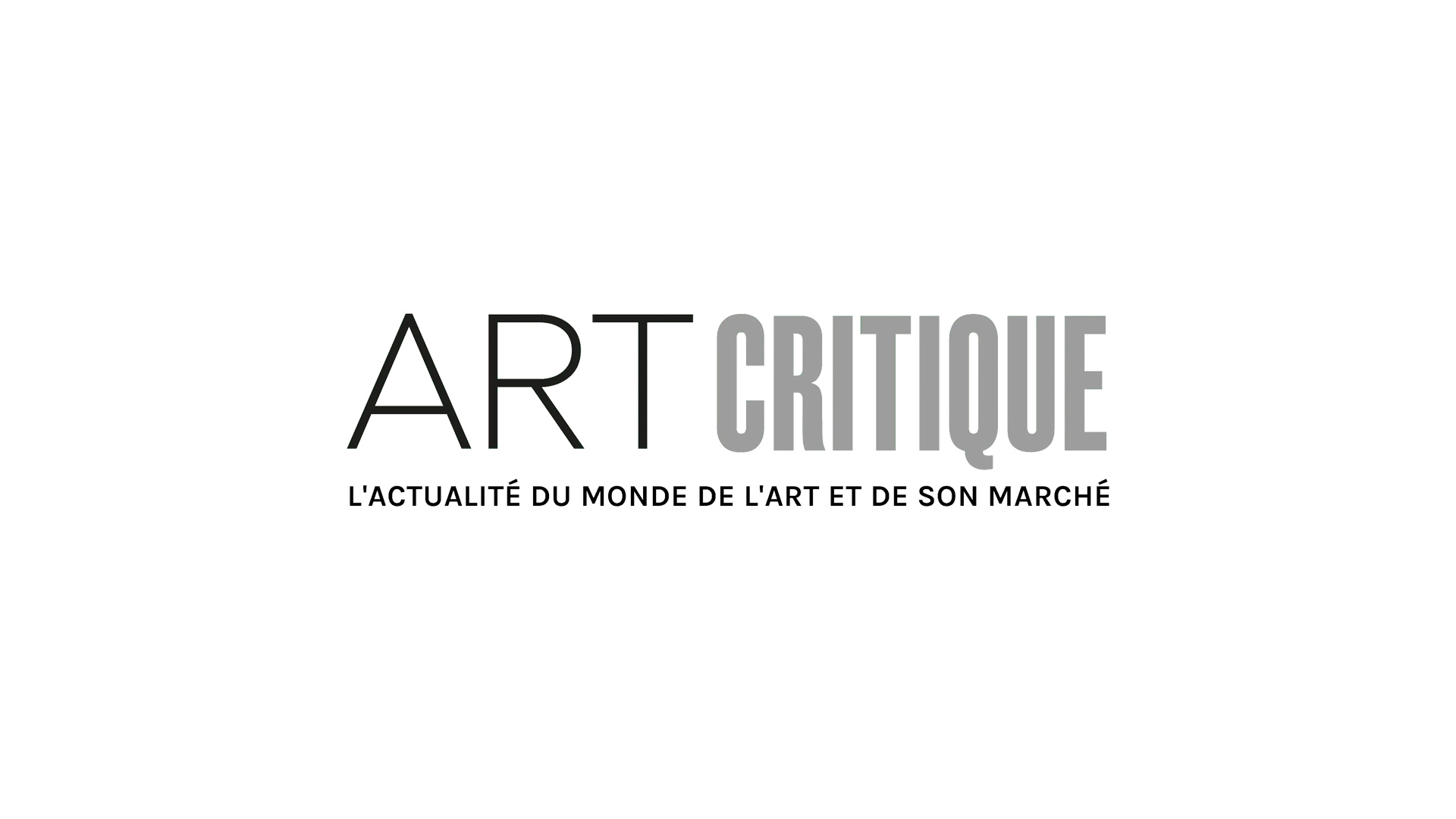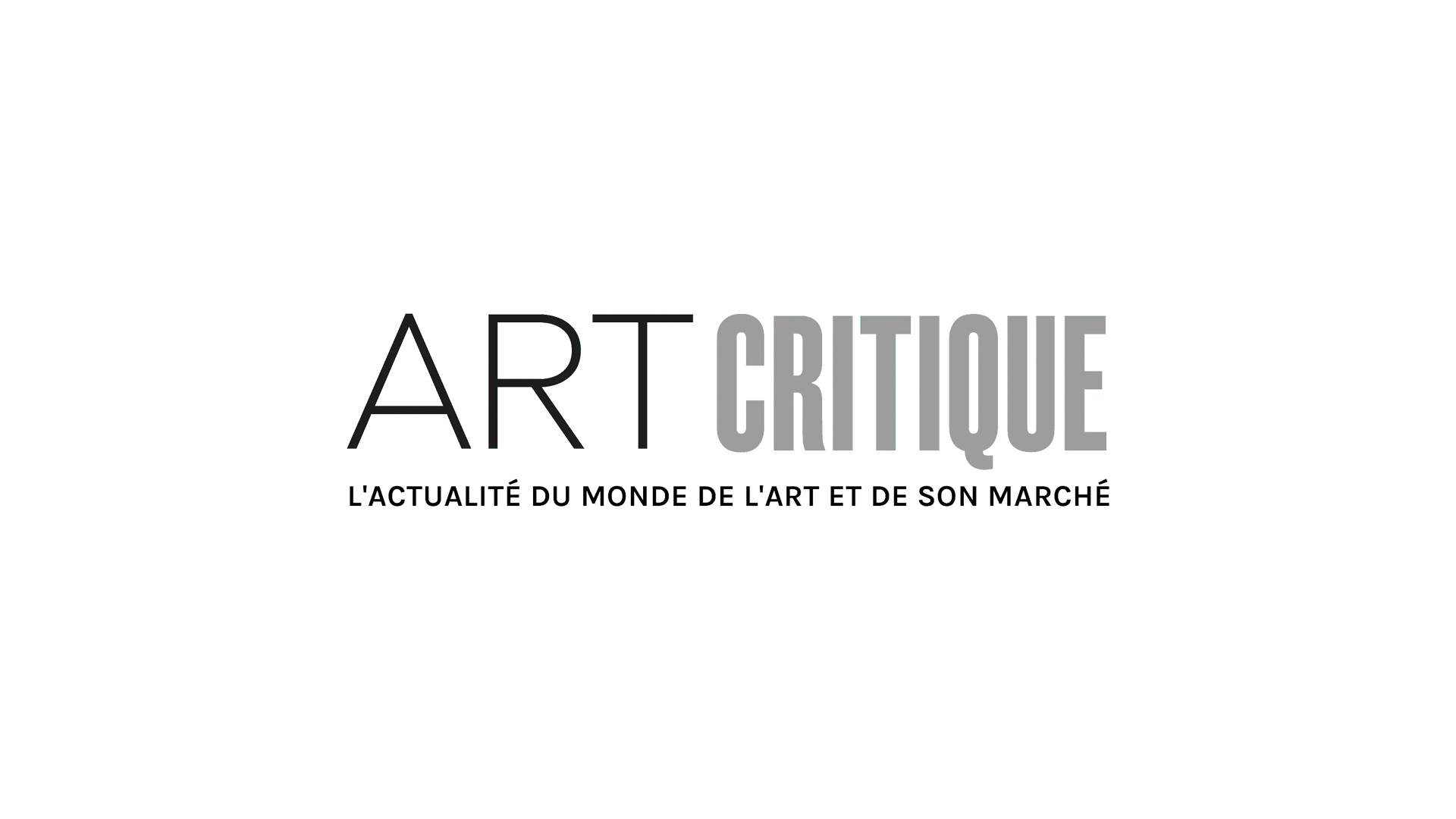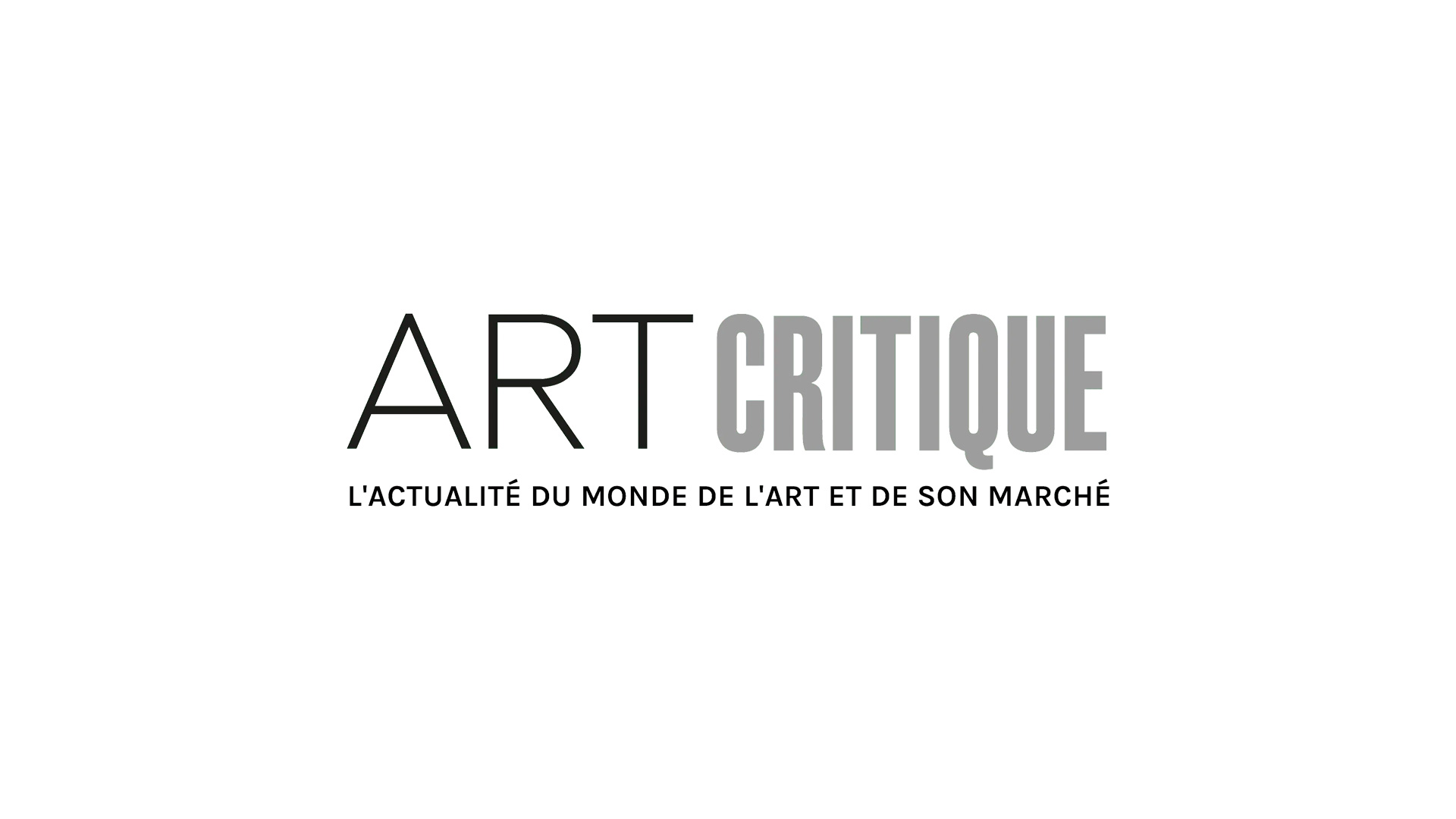Recently, the City of New York formally accused the Sackler family, who own Purdue Pharma, of misleading the public for decades about the dangers of OxyContin, an opioid created and marketed by the pharmaceutical company. In light of the accusations, art institutions who have benefited from the wealthy family have had to re-evaluate. New York City’s Metropolitan Museum of Art is one of which that has decided to re-visit its policy for accepting gifts. In 1978, the Met’s Sackler Wing opened and now houses the Temple of Dendur. The wing was founded by brothers and founders of Purdue Pharma, Arthur, Raymond, and Mortimer Sackler. Last March, Nan Goldin and her activist group PAIN, which seeks to highlight the opioid crisis, staged a protest in the wing to emphasize the family’s involvement. In addition to the Met, the Sackler family has been an important donor to organizations in the US and UK, including the Tate, the Serpentine Gallery, and Victoria and Albert Museum, the British Museum, and the Guggenheim. Such institutions have faced public scrutiny for receiving donations and sponsorship for the family entangled in the mass-opioid issue centred in the US.
After the most recent developments, Daniel Weiss, president and chief executive of the Met stated:
‘The Sackler family has been connected with The Met for more than a half century The family is a large extended group and their support of The Met began decades before the opioid crisis. The Met is currently engaging in a further review of our detailed gift acceptance policies, and we will have more to report in due course.’
So, what’s the history?
On January 16th, the City of New York added eight Sackler family members, who currently serve or served on Purdue’s board of directors since OxyContin’s 1995 development, to the $500 million lawsuit filed last year. Included in the addendum are the widows and descendants of the late Raymond and Mortimer Sackler. Arthur Sackler, mind you, passed away in 1987. The lawsuit was filed to offset to rising costs associated with the opioid crisis, which has a strong hold on today’s society.
In 2017, Purdue Pharma received $3 billion in revenue, including revenue from the sale of the highly addictive OxyContin. Court documents have revealed a 2001 email from Richard Sackler, then president of Purdue Pharma, stating: ‘We have to hammer on abusers in every way possible. They are the culprits and the problem. They are reckless criminals.’ The email is the first piece from a large pile of evidence collected showing that the pharmaceutical company actively marketed the drug in an untruthful manner.
In a statement, New York City Corporation Counsel Zachary Carter said: ‘It is important to note that the Sacklers personally derived billions of dollars of profits from Purdue Pharma’s sale of opioids since the 1980s.’
Who’s to blame?
The children and widow of Arthur Sackler have not been included in the lawsuit. In a statement, Jillian Sackler, Arthur’s widow, said that much written concerning the Sackler family and therefore including Arthur was ‘utterly false.’ Her statement continued:
‘All these gifts, made in the 1970s and 80s, were made independently of his brothers and their families. Thus, for anyone to assert that institutions received “tainted” gifts from Arthur is ludicrous.
Passing judgment on Arthur’s life’s work through the lens of the opioid crisis some 30 years after his death is a gross injustice. It denies the many important contributions he made working to improve world health and to build cultural bridges between peoples.’





